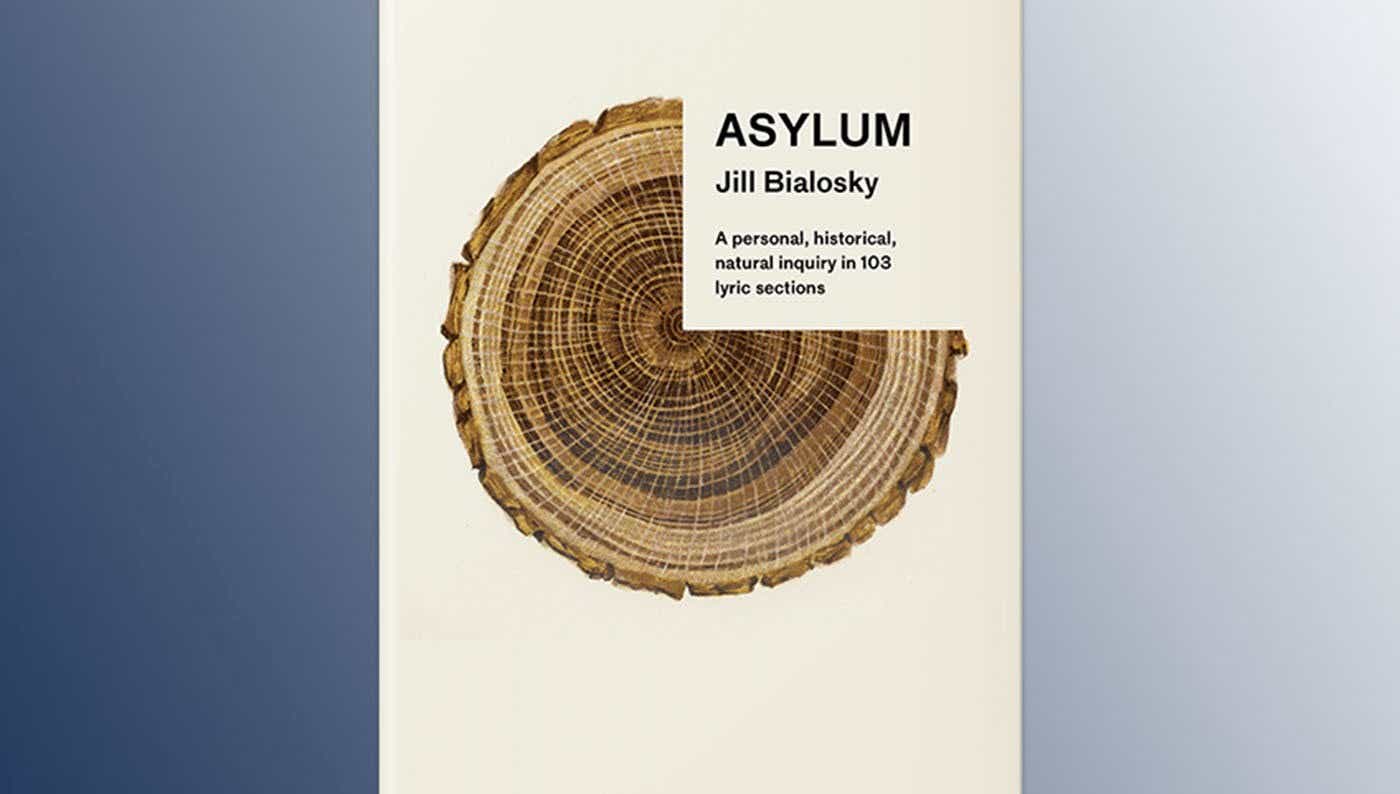Writer Jill Bialosky on prose for beginners and her new book ‘Asylum’
As we grapple with a new normal, Jill Bialosky’s poetry might be the antidote we all need. Her new book ASYLUM, a compilation of prose and poetry, evokes despair, survival — and most importantly, hope.
An executive editor and vice president at W.W. Norton & Company, Bialosky was honored by the Poetry Society of America for her distinguished contribution to poetry in 2014. She weighs in on what inspired ASYLUM, the unique power of poetry during this time, and more.
Wake-Up Call: You have an incredible new poetry book — and it came out at a time when many of us are in need of inspiration. Can you just tell me about the importance of poetry as an art form?
Jill Bialosky: Poetry is a way for people to connect more to their inner lives and to their spiritual sensibilities. The beauty of a poem can transport a reader. I think readers often find their own voices or their own experiences in a poem. For instance, Emily Dickinson is such a major poet. Her poems are about death and hope and loss — and they seem to open the door for other readers to be able to experience those emotions.
What do you hope readers take away from your new book, ASYLUM?
When I began working on ASYLUM in 2016, the world seemed to have taken a turn. Or perhaps, the threats we had been facing — climate change, racial unrest and inequality, terrorism, antisemitism, civil unrest, and now, the pandemic — became more acute under the new administration. I kept wondering what sustains us, how do we fight off human despair, and these concerns crept into ASYLUM.
The book is written in 103 lyric sections. Some poetry, some prose. And there were certain voices — the voice of a Yoga teacher, the voice of a parent, a poet, the collective voice, the voice of trees, plants, butterflies, the voice of a sister mourning the loss of another sister, the voice of anger and despair, the voices of those we’ve lost to historical events of the Holocaust — that I sought to capture.
I gave myself permission to allow all these voices into the poem, of course, filtered through my own voice, as the poet. I hope that the reader will follow me on this journey, and recognize that we have responsibilities not only to ourselves to fight off human despair but to each other. I hope the poem will show all these interconnections and that language can be a means of transcendence.
And Jill, how did you fall in love with poetry in the first place?
In my fifth grade classroom, my teacher, Miss Hudson read us a Robert Frost poem called “The Road Not Taken,” and that poem opened the window for me. It was concrete and made me feel part of a community. I also realized I didn’t always have to take the most popular road. That was the way I interpreted the poem. Now, I see different layers to it. As a child, I began to see that hopscotch jingles, psalms from Hebrew School, nursery rhymes were poems too. This all excited me. That was the beginning.
You’re in a really unique position because not only do you have your own book, but you also work in publishing. Can you kind of speak to this state of the publishing industry right now, and how it’s been affected by the pandemic?
March and April were very difficult in terms of sales across the board. Of course, all bookstores were closed — and they’re just really beginning to reopen slowly now. A lot of readers turned to the internet to buy books in those early months.
As an editor, I was really very encouraged by how quickly my colleagues in the publishing industry adapted to this new environment of working remotely. But it certainly has its challenges, in terms of getting attention for books. Many author events at bookstores… have become virtual events. I see this as a positive! Now people from all over the world can attend these events. So there have been some silver linings.
You wrote ‘Poetry Will Save Your Life’ — which is such a powerful title. What is it about this particular style of writing that seems to ease the soul and lead to some searching?
I wonder if that has to do with the compression. Poems are much shorter than novels or short stories. The poet has to really make sure each word counts. The metaphors used have to be quite powerful and exact to create an impact on the reader. Poets pay a lot of attention to rhythm, to sound … and to cadence. So I think it is the sense of language sort of being constricted and intensified that can offer a real emotional experience for the reader.
Our last question: What poetry books would you recommend for someone who is easing their way into this art form?
I would recommend that they pick up Poetry Will Save Your Life because it represents many important poets like Sylvia, Plath, Robert Hayden, Wallace Stevens. I chose their poems because I felt that they were accessible to a reader. Part of what I wanted to do with that book was to demystify poetry for the reader and to show how a poem can lead to personal expression. I would probably suggest to people they may want to consider some other poetry anthologies that showcase a wide range of poetry to dip into. There are also some wonderful poetry websites, including the Poetry Foundation and Academy of American Poets.
This interview has been edited and condensed.
This post has been updated.
This originally appeared on Medium.












